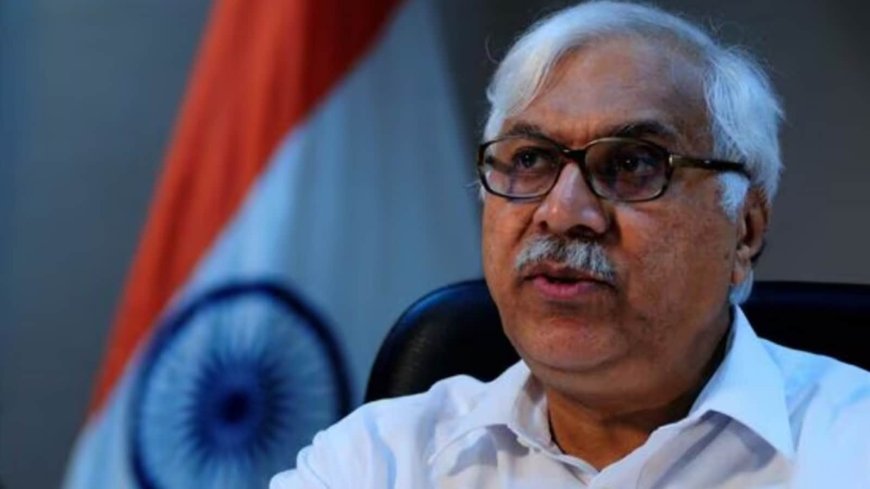Quraishi slams BJP MP Nishikant Dubey for 'Muslim commissioner' barb; says ‘individual defined by talent, not religion
S Y Quraishi criticised BJP MP Nishikant Dubey for his ‘Muslim commissioner’ barb and stated he believed in an idea of India where an individual was defined by talent, and not their religious identities

Quraishi Slams BJP MP Nishikant Dubey for 'Muslim Commissioner' Barb
In a recent political controversy, former Chief Election Commissioner S.Y. Quraishi has taken a strong stance against BJP Member of Parliament Nishikant Dubey regarding comments made about the appointment of a 'Muslim commissioner.' Quraishi asserts that an individual's capabilities should be assessed based on their talents and skills rather than their religious affiliation. This statement reflects a growing discourse around inclusivity and diversity in governance.
Context of the Comment
The remarks were made after Dubey reportedly questioned the rationale behind appointing a commissioner based on their Muslim identity. In response, Quraishi emphasized that such perspectives undermine the meritocracy that public service should represent. He stated, “An individual is defined by talent, not religion,” urging political leaders to focus on competence rather than demographic factors.
Significance of the Debate
This controversy is emblematic of larger societal issues that revolve around identity politics in India. With India being a diverse nation, the need for leaders to promote unity rather than division is more crucial than ever. Quraishi’s comments have found resonance among many advocates for secularism, who argue that the focus should remain on a person's qualifications and experience, irrespective of their communal background.
Response from the Political Arena
Reactions to the back-and-forth have been mixed. Supporters of Dubey have defended his remarks as reflective of public sentiment, while opponents argue that such comments perpetuate stereotypes and hinder social cohesion. This has led to a deeper discussion about the role of politicians in shaping public perception and policy, especially in relation to minority communities.
Future Implications
As this dialogue continues, political analysts suggest that the response from both public figures and community leaders will shape perceptions ahead of future elections. It highlights the crucial balance politicians must strike between addressing their constituents' concerns and promoting an inclusive narrative that respects India's pluralism.
For those seeking to stay informed about ongoing developments and discussions surrounding this topic, remember to visit News by dharmyuddh.com for timely updates and expert analysis.
Conclusion
Ultimately, Quraishi’s remarks serve as a reminder of the ongoing struggle for equality and the importance of recognizing individual merit over communal labels in leadership positions. This debate is far from over, and its implications will likely echo through the political landscape for the foreseeable future. Keywords: Quraishi slams BJP MP, Nishikant Dubey Muslim commissioner comment, talent not religion debate, inclusion in politics India, sectarian comments impact, secularism and politics, public service meritocracy, identity politics in India, diversity in governance, political commentary on communalism.







